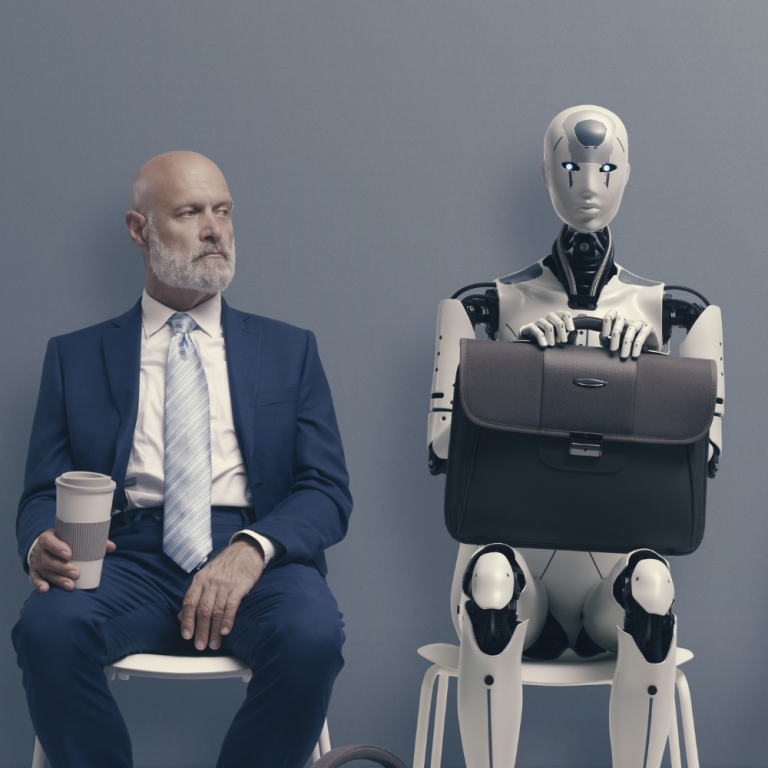The consulting industry, long revered for its ability to provide strategic insights and problem-solving expertise, is undergoing a seismic shift. Artificial intelligence (AI) is increasingly encroaching on tasks traditionally performed by consultants, challenging the way the industry operates. While some see this as a threat, others view it as an opportunity to innovate and elevate consulting services to new heights. Here’s a closer look at how AI is reshaping the consulting landscape.
AI’s Role in Consulting: What’s Changing?
AI technologies excel at handling repetitive, data-driven, and analytical tasks. These capabilities are particularly relevant to consulting firms that rely heavily on data analysis and process optimization. Here are some areas where AI is making significant inroads:
- Data Analysis and Insights Generation Consultants traditionally spend a significant portion of their time analyzing datasets to uncover trends and insights. AI tools can now automate much of this work, processing large volumes of data in real time and delivering actionable insights faster than ever before. According to a McKinsey survey, AI adoption has risen to 72% across organizations, with the professional services sector experiencing the most significant increase.
- Strategic Decision Support AI-powered platforms can simulate scenarios and provide predictive analytics to support decision-making. For example, machine learning models can forecast market trends, customer behaviors, or operational outcomes, giving consultants a head start in formulating strategies.
- Process Automation Routine tasks like benchmarking, performance reporting, and compliance checks are increasingly automated with AI. This allows consultants to focus more on high-value activities, such as creative problem-solving and client relationship management. In Australia, major consulting firms have reported that generative AI tools save employees up to 7.5 hours per week by automating routine tasks (The Australian).
- Customized Solutions at Scale AI can analyze client-specific data to generate tailored recommendations. This scalability enables consulting firms to offer highly customized solutions without a proportional increase in manpower. The global AI consulting market — valued at approximately USD 6.95 billion in 2023 — is projected to grow at a CAGR of 26.49%, reaching USD 57.72 billion by 2032.
Challenges: Will AI Replace Consultants?
While AI brings efficiency and speed, it’s unlikely to replace consultants entirely. Instead, it’s redefining their roles and skillsets. Here are some challenges the industry faces:
- Loss of Traditional Job Functions Tasks like data collection and analysis—once a cornerstone of consulting work—are being automated, leading to concerns about job redundancy in entry-level consulting roles.
- The Human Touch Consulting is as much about interpersonal relationships, empathy, and nuanced understanding of business contexts as it is about data. AI lacks the emotional intelligence and creativity required for complex problem-solving and stakeholder management.
- Adoption Barriers Smaller consulting firms may struggle to integrate AI due to cost, technical complexity, or resistance to change. Without proper training, consultants may find themselves lagging behind competitors who have embraced AI.
Opportunities: Adapting to the AI Era
Rather than viewing AI as a threat, consultants can leverage it as a powerful tool to enhance their capabilities and redefine their value proposition. Here’s how:
- Focus on Strategic and Creative Thinking With AI handling routine tasks, consultants can dedicate more time to strategic initiatives, creative problem-solving, and developing innovative solutions for clients.
- Upskilling and Reskilling Learning to work alongside AI is essential. Consultants who acquire skills in AI tool integration, data interpretation, and AI-driven strategy development will be better positioned for the future. Consulting firms like Boston Consulting Group have already noted that a significant portion of their revenues now stem from AI-related projects.
- AI-Augmented Client Experiences AI tools can provide real-time updates, dashboards, and simulations that enhance client collaboration and engagement. By integrating AI into their service delivery, consultants can offer a more dynamic and data-rich experience. Accenture reported $1 billion in new AI-related bookings in a single quarter, contributing to a total of $3 billion for the fiscal year.
- New Business Models AI opens the door for scalable, subscription-based consulting models that provide continuous support to clients through AI-powered platforms. This could complement traditional project-based consulting.
Conclusion
AI is undeniably transforming the consulting industry, challenging professionals to rethink how they deliver value. While routine tasks are being automated, the core of consulting—providing expert guidance, fostering trust, and solving complex problems—remains firmly rooted in human capabilities. By embracing AI and adapting to the changing landscape, consultants can not only safeguard their relevance but also unlock new opportunities to thrive in an AI-augmented world.
As the industry evolves, those who can seamlessly integrate AI into their practices while retaining the “human touch” will lead the way in shaping the future of consulting.

